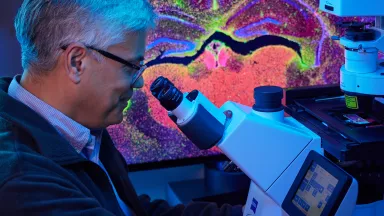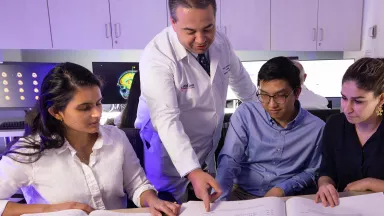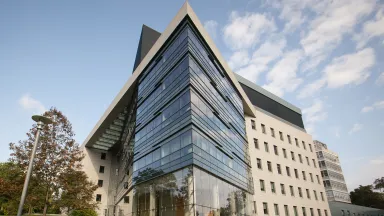Our Approach to Neurocutaneous Disorders

The Montefiore Einstein Neurocutaneous Center is one of the leading global destination sites for the management of neurocutaneous disorders, including tuberous sclerosis complex, neurofibromatosis, schwannomatosis, Sturge-Weber syndrome, Von Hippel-Lindau disease, ataxia-telangiectasia, neurocutaneous melanosis, incontinentia pigmenti, and hypomelanosis of Ito, among others, in children and adults. Neurocutaneous disorders are genetic conditions that affect the nervous system and skin, as well as most other organ systems, including the eyes, heart, blood vessels, lungs, kidneys, endocrine glands and bones. They have a variety of clinical manifestations, from cataracts and hearing loss to seizures, developmental disabilities, skeletal deformities, and tumors.
Our multidisciplinary team of world-renowned experts utilizes the latest and most advanced technology to provide comprehensive, personalized care addressing the diverse needs of individual patients and their families to prevent and minimize deformities while optimizing function and quality of life. We are also an international referral site for complex neurocutaneous disorder cases and are ranked in the top one percent of all hospitals in the nation for neurology and neurosurgery according to U.S. News and World Report.
Our specialized team of experts is comprised of a wide range of specialists including neurologists, neuro-oncologists, neurosurgeons, pediatricians, ophthalmologists, orthopedic surgeons, audiologists, dermatologists, neuropsychologists, epileptologists, nephrologists, physical, occupational and speech therapists, and geneticists, among others, who collaborate to offer unmatched expertise in addressing the complex needs of individual patients and their families. Our Center is part of the Tuberous Sclerosis Alliance and Neurofibromatosis Network and is actively involved in community outreach programs for tuberous sclerosis and neurofibromatosis.
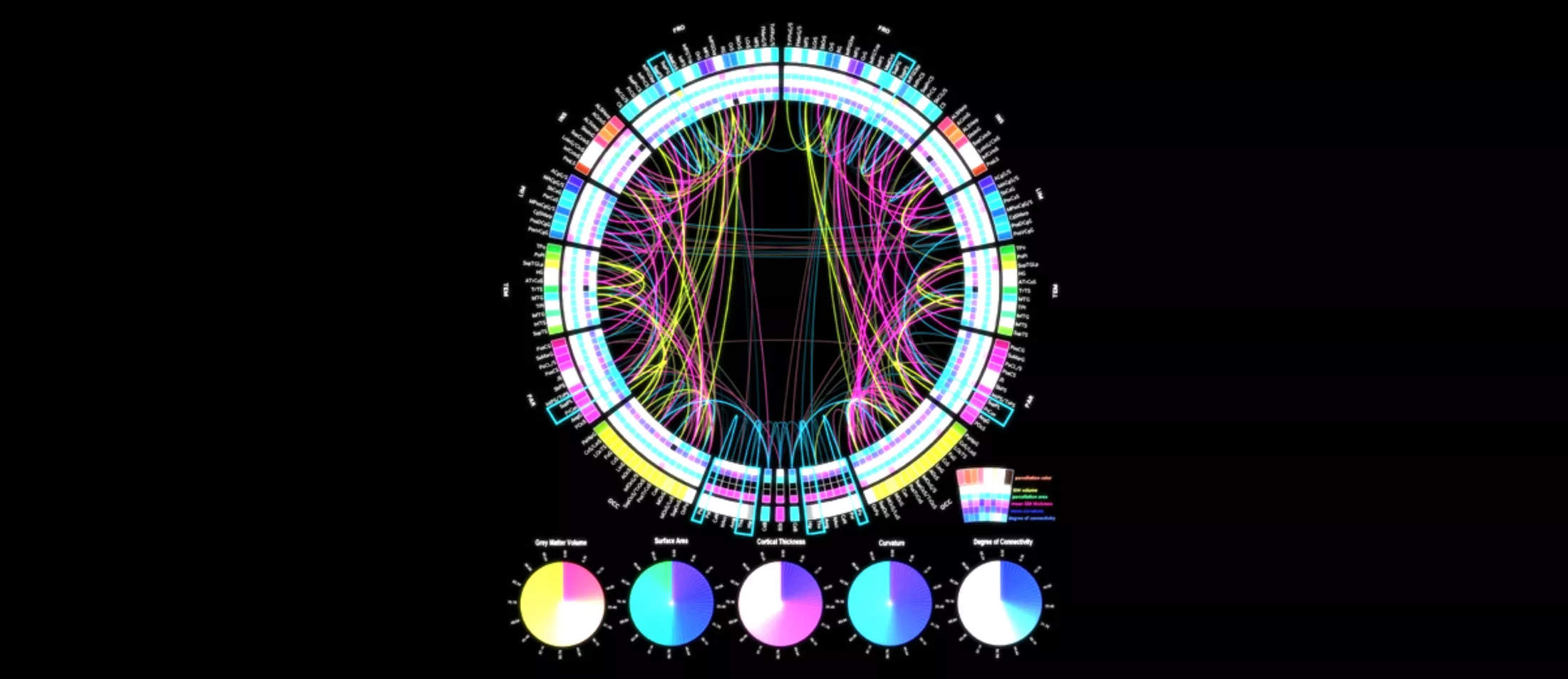
Advanced Treatments
We diagnose and treat children and adults with neurocutaneous disorders using a multidisciplinary team approach that employs the latest and most advanced diagnostic and treatment techniques and technologies to facilitate precision care plans. In addition to clinical evaluation, our renowned specialists utilize state-of-the-art diagnostics, including advanced imaging and neurodiagnostics, such as electromyography (EMG) and electroencephalography (EEG), electrocardiography, echocardiography, pulmonary function tests, skin biopsy, as well as molecular genetic testing for patients and their families in addition to prenatal and preimplantation genetic testing, for accurate diagnoses, genetic counseling and prevention.
We provide the latest treatment, which is largely surveillance and long-term monitoring, prevention, and management of symptoms and complications to optimize function and quality of life for each patient and their family throughout the lifespan. We offer access to newly emerging treatments utilizing AI platforms, advanced gene therapies, laser technology, and molecularly targeted therapeutics. Some of the targeted therapies include FDA-approved kinase inhibitors such as selumetinib for the treatment of symptomatic inoperable plexiform neurofibromas in pediatric patients with neurofibromatosis type 1, as well as everolimus for the treatment of tuberous sclerosis complex patients who have partial-onset seizures, a subependymal giant cell astrocytoma or a renal angiomyolipoma.
If surgery is needed, our team of renowned surgeons offers the latest approaches including robotic and minimally invasive surgery whenever possible.
Committed to Finding Cures for Neurocutaneous Disorders
Our scientists and researchers are studying genetic/epigenetic alterations associated with tumors in individuals with neurocutaneous disorders to enhance drug discovery initiatives, the association of antiphospholipid syndrome and neurofibromatosis, surgical management techniques for the correction of complex neurofibromatosis orbital and globe malposition, scalp electroencephalographic spikes to predict impending epilepsy in tuberous sclerosis complex infants and new target pathways for finding better drugs for epilepsy. Investigators are also involved in numerous clinical trials, from interventional trials to observational and feasibility studies, some of which include novel drug trials such as evaluating MEK inhibitor Mirdametinib in the treatment of symptomatic inoperable neurofibromatosis type 1-associated plexiform neurofibromas and many open Children’s Oncology Group (COG) clinical trials for low-grade gliomas that benefit our patients with cancer predisposition syndromes.
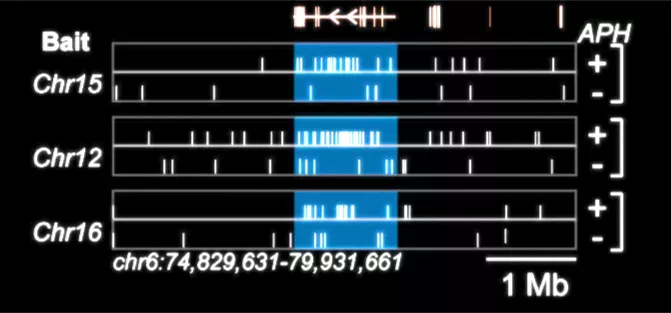

Your Neurocutaneous Center Team
Our elite multidisciplinary team of world-renowned experts utilizes the latest and most advanced technology to provide comprehensive, personalized care addressing the diverse needs of individual patients and their families to prevent and minimize deformities while optimizing function and quality of life.
Nagma Dalvi, MD
About Neurocutaneous Disorders
Neurofibromatosis
Neurofibromatosis is not a single medical disorder. It refers to three different conditions involving the development of tumors that may affect the brain, spinal cord and the nerves that send signals between the brain and spinal cord and all other parts of the body. Most tumors are non-cancerous (benign), although some may become cancerous (malignant).
The conditions are:
- Neurofibromatosis type 1 (NF1), also known as von Recklinghausen disease
- Neurofibromatosis type 2 (NF2)
- Schwannomatosis (SWN)



